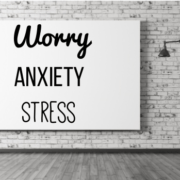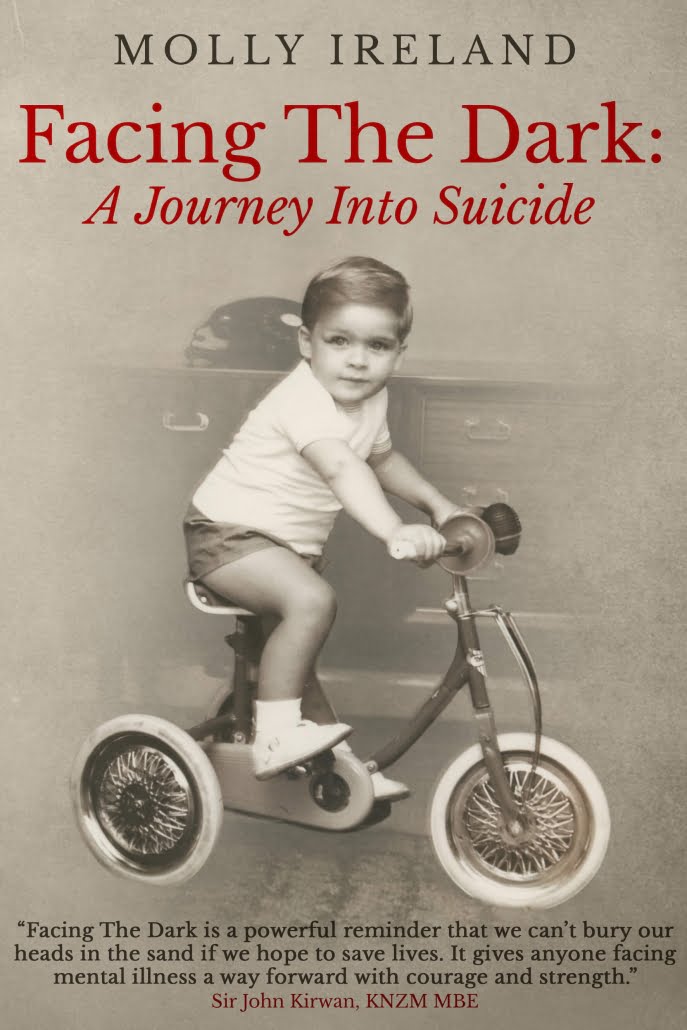Free Up Your Mental Real Estate
Your brain is like a computer hard drive: a well-worn simile, but it works nevertheless.
As a processing centre, our brains take in information, make assumptions, draw conclusions, and then decide what to do with it all. This is how we stay alive. If what we perceive is physically threatening we take action, e.g. run from hungry lions on the savannah, and the energy that fuelled the threat is released. Gone. It doesn’t require any hardware storage.
But when we experience ongoing worry or stress and don’t do anything to address them, they clog up memory. Just like your laptop, if your brain’s hard drive becomes too full it slows down and struggles to efficiently process information, including remembering things.
Emotional upset, particularly worry and stress, take up a lot of cognitive resource.
They choke your brain by hijacking your concentration. They lock your attention so that you have a harder time learning new things or even remembering the old ones. Your ability to access helpful strategies to achieve productive outcomes becomes compromised. That Excellence on the upcoming final exam, for example, drifts further out of reach.
The more extreme the emotional upset, the greater the likelihood that it will shut down our rational minds altogether. Strong anger, for example, focuses our attention to such an extent that there is no room for anything else to come in. Have you ever tried to change the mind of someone who was really angry? It doesn’t work because he can’t take in anything new. The same happens when we experience ongoing worry, stress or anxiety, just in a less obvious way.
When we worry or become anxious, it’s like trying to get around on one leg because the other one is busy scratching our backs.
Every week I see students hobbling about on that one leg, trying to learn but not really going anywhere.
So if we remove worry and stress from our ‘hard drives’ we achieve better academically. Regardless of how chronic or mild they may be, we need to free up valuable mental real estate to make room for growth, intellectually or otherwise.






